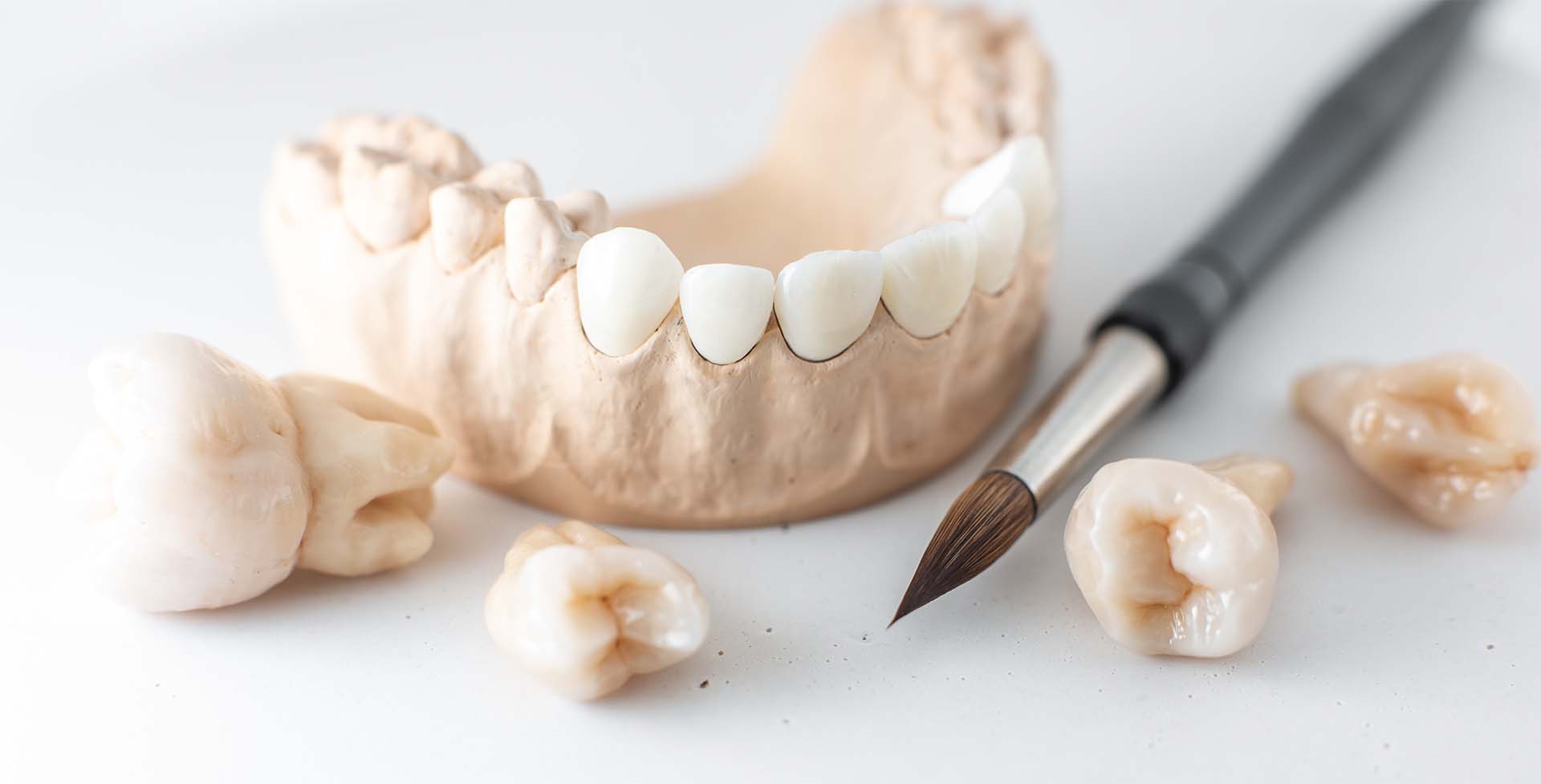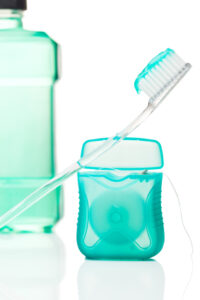
Dental Implant Care: Techniques for Longevity and Brilliance
Mastering Dental Implant Care: Techniques for Longevity and Brilliance Dental implants have pioneered the world of oral restoration, offering a durable and lifelike solution to
Thousands of 5-star reviews speak for themselves.
Thousands of 5-star reviews speak for themselves.
Thousands of 5-star reviews speak for themselves.
We Customize And Hand Craft Each Denture To Your Satisfaction, 30+ Years of Experience, 100% Satisfaction Guaranteed
Dentures, Partials, Denture Repairs All Done the Same Day!
Thousands of 5-star reviews speak for themselves.
We Customize And Hand Craft Each Denture To Your Satisfaction, 30+ Years of Experience, 100% Satisfaction Guaranteed
Implants, Dentures, Partials, Denture Repairs All Done the Same Day!
Thousands of 5-star reviews speak for themselves.
Offering 0% Financing & In-Network With Over 50+ Insurance Carriers
We Believes Everyone Deserves Quality, Affordable Oral Healthcare
We Provide Convenient Financing
Get Approved In Just 3 Steps And Start Treatment The Same Day
Thousands of 5-star reviews speak for themselves.
0% dental financing
Dental insurance
Island Dental advantage plans
Offering 0% Financing & In-Network With Over 50+ Insurance Carriers
All Under One Roof · Save Time And Money
We Make Them In Our Lab · Cut Out The Middle Man
Wider Selection Than Others · For Any Budget
Thousands of 5-star reviews speak for themselves.
Specials this month
Events with special offers
Cost of dentures
How we make top quality affordable dentures

Thousands of 5-star reviews speak for themselves

Mastering Dental Implant Care: Techniques for Longevity and Brilliance Dental implants have pioneered the world of oral restoration, offering a durable and lifelike solution to

It seems so silly to suggest that the common, every day practice of flossing your teeth can actually prevent something as serious and deadly as
Plaque and tartar deposits on your teeth can cause tooth decay and many other dental diseases. Regular caring for your teeth is more important than
Periodontal disease is never easy on the individual suffering from it. Many patients complain about issues with their gums and the damage is often extensive.

Are you looking for tips on taking care of your mouth, teeth and gums? If so, you have come to the right place. Taking care

Do Electronic Cigarettes Cause Oral Cancer? We have noticed that many of our patients have switched from cigarettes to the electronic cigarettes. E-cigarettes don’t burn

At Island Dental Associates we want all of our patients to practice good oral hygiene so that they avoid the complications that can arise due

One of the most common questions that we receive at our practice is what the patient can do to prepare for their next appointment. Denture

We often have dental emergencies in our practice and when a patient comes in, I often ask, “what happened?” Frequently, the patient who is in

The dental implant, unlike a natural tooth, is integrated directly to bone with no intervening periodontal ligament. Which raises the question, how do you clean

Lorem ipsum dolor sit amet, consectetur adipiscing elit. Ut elit tellus, luctus nec ullamcorper mattis, pulvinar dapibus leo.
Contact Us